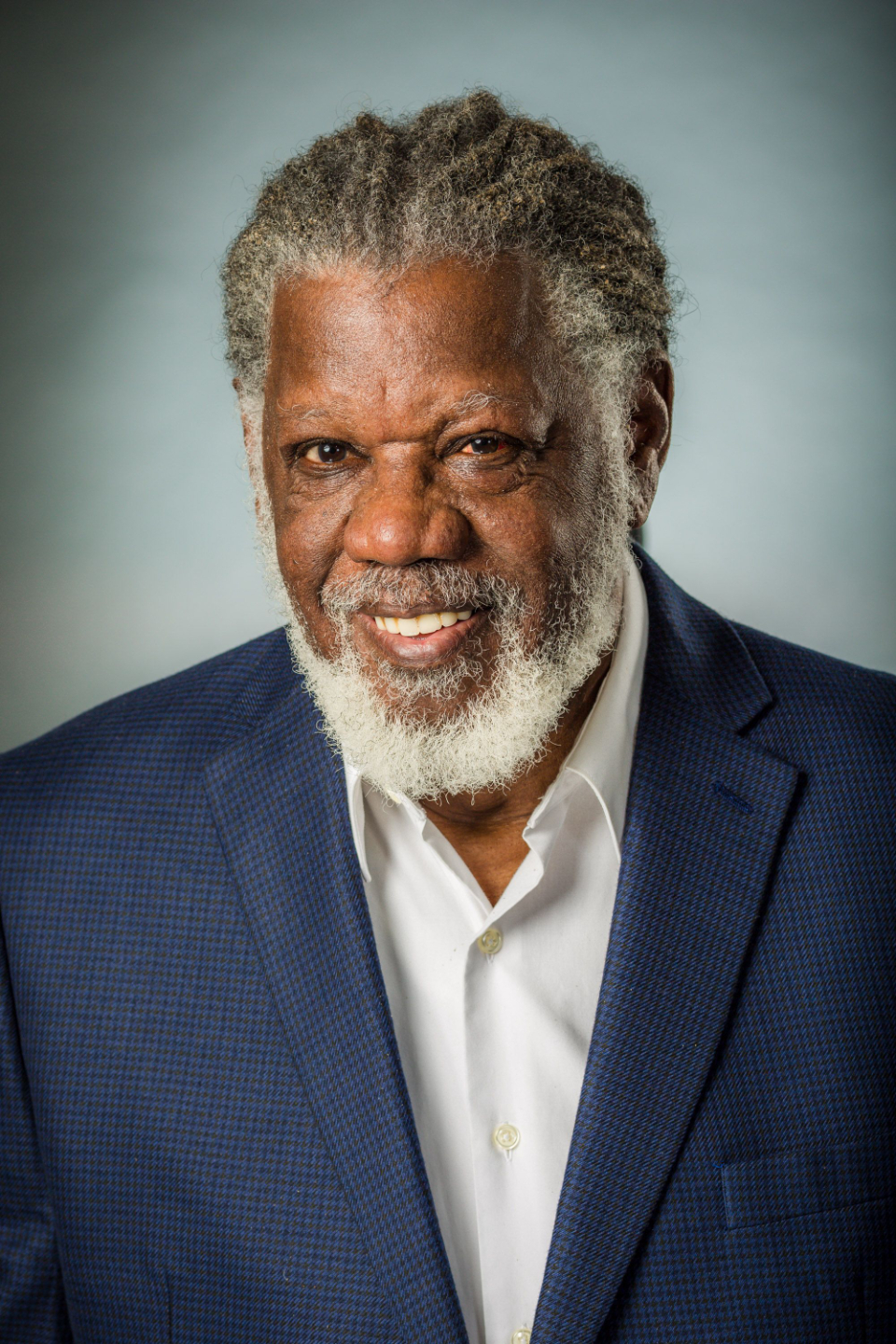Why You’re Scared to Check Your Bank Account (And How to Finally Overcome Financial Anxiety)
Sep 19, 2025
That little notification on your phone—the one from your banking app.
For some, it’s a quick glance and a move on with the day. For you, it might feel like a punch to the gut. Your heart rate jumps. You feel a knot in your stomach. And in a split second, you decide to swipe it away and pretend you never saw it.
If this sounds like you, you are not alone. That feeling of dread and avoidance when it comes to your finances is real. It’s called financial anxiety, and it’s a silent struggle for millions of people.
The American Psychological Association reported that nearly 64% of adults cite money as a significant source of stress. So if opening your banking app feels scarier than a horror movie, it doesn’t mean you’re weak—it means you’re human.
This post isn’t about shaming you or giving you the tired advice to “just budget.” Instead, we’ll uncover the hidden reasons behind financial anxiety and give you a gentle, practical guide to start facing your money without fear.
It’s Not Your Fault: The Root Causes of Financial Anxiety
Your fear of looking at your bank account isn’t laziness or irresponsibility. It’s a symptom of deeper issues—psychological, cultural, and even neurological—that have been building over time. Once you understand the “why,” you can start to heal the “how.”
1. The Shame Spiral
We live in a culture that constantly tells us we should be “good with money.” Save more. Spend less. Invest early.
So when you fall short—maybe you overspent on a credit card, maybe you’re carrying debt that feels impossible to shake—the shame can be crushing. Shame whispers, “You’re bad with money. You’ll never figure this out.”
And that shame creates a vicious cycle:
- You feel guilty about your money.
- That guilt makes you avoid looking at your finances.
- Avoiding your finances makes the problem worse.
- Which fuels even more shame.
It’s a downward spiral that traps millions of people.
2. Living in a Fog
For many, avoiding their bank balance feels easier than facing reality. “Out of sight, out of mind.”
The problem? Avoidance creates what psychologists call anticipatory anxiety—the dread of what might be there. In truth, not knowing often feels scarier than the actual number. The fog protects you in the moment, but in the long run, it amplifies stress.
3. The Comparison Trap
Open Instagram and you’ll see friends on vacations, buying cars, renovating kitchens, or posting new outfits. Social media makes it seem like everyone else has money figured out.
This comparison trap fuels feelings of inadequacy: “Why can’t I get it together? Why am I always behind?”
The truth? Most people aren’t posting their debt balances or financial struggles. Comparing your behind-the-scenes reality to someone else’s highlight reel only deepens anxiety.
A Gentle Guide to Facing Your Finances (Without the Fear)
The good news is this: financial anxiety isn’t permanent. You can retrain your brain and build a healthier relationship with money—one compassionate step at a time.
Step 1: Create Your “Financial First-Aid Kit”
You wouldn’t try to heal a serious wound alone, and you don’t have to tackle financial anxiety in isolation either.
Your financial first-aid kit is a support system. This might include:
- A trusted friend you can talk to honestly about money.
-
A partner who can check in with you without judgment.
-
A financial therapist or coach who specializes in money anxiety.
The goal isn’t for them to fix your money situation—it’s for you to have an ally. Sometimes, just saying “I feel overwhelmed” out loud is the first step toward healing.
Step 2: Try a 15-Minute “Money Check-Up”
Anxiety thrives on avoidance. The more you dodge your finances, the bigger and scarier they seem.
Instead of forcing yourself into hours of budgeting, start small. Set a timer for 15 minutes. Log into your bank account. Look at the numbers. That’s it. Don’t transfer money. Don’t make a plan. Just look.
This technique, inspired by cognitive behavioral therapy, is a form of controlled exposure. You teach your brain: “This isn’t as dangerous as it feels.” Over time, the fear loses power.
Step 3: Find Your “Why”
Money goals can’t just be about numbers. If you’re only aiming to “save $5,000” or “pay off $10,000 in debt,” it feels abstract and uninspiring.
Instead, connect your finances to something deeply personal:
-
Peace of mind at night.
-
Freedom to quit a job you hate.
-
More time with your kids.
-
The ability to travel, start a business, or give generously.
When your “why” is bigger than your fear, progress feels purposeful instead of punishing.
Step 4: Use the “Start Small” Strategy
Once you’ve peeked at your numbers and identified your “why,” take one tiny step toward control. Don’t overhaul your entire financial life—just start small.
Here are a few examples:
-
Transfer $5 a week into savings.
-
Pay off your smallest bill, even if it’s just $20.
-
Cancel one subscription you don’t use.
-
Unsubscribe from one retailer’s emails to reduce temptation.
These micro-actions create a domino effect. One small win builds momentum, which leads to bigger wins. And each step reinforces the truth: you are capable of handling money.
The Bigger Picture: Healing Your Relationship With Money
Overcoming financial anxiety isn’t just about numbers. It’s about rewriting the story you’ve been telling yourself.
-
You are not your debt.
-
You are not your bank balance.
-
You are not “bad with money.”
You are a person with dreams, strengths, and the ability to change your financial future.
The more you face your finances, the less power they hold over you. With practice, the knot in your stomach eases, the dread softens, and eventually, that bank notification becomes just another part of your day—not a trigger for panic. Financial anxiety is powerful, but it isn’t unbeatable. The shame and fear you’ve carried for so long can start to melt away with just one brave step. You don’t need to conquer everything today. You just need to begin. Because you are not your bank account balance. You are a person with dreams, purpose, and the courage to change your financial story—one gentle step at a time.
Ready to Break Free from Money Anxiety?
If you are ready to move past the fear and avoidance and start building a healthier, stronger relationship with your money, then The Higher Ground Membership and Community is the place for you. Inside, you’ll find the guidance, support, and tools to help you face your finances with confidence, while also learning how to create lasting stability and resilience. This is not about quick fixes or overwhelming advice—it’s about small, steady steps forward with people who understand what you’re going through. By joining The Higher Ground, you’re giving yourself the chance to rise above financial anxiety and step into a future where clarity, confidence, and freedom are within reach.
We are spreading the word that financial clarity and freedom can be available for everyone. Live your best life and reach Higher Ground in a community of likeminded people.
We hate SPAM. We will never sell your information, for any reason.



